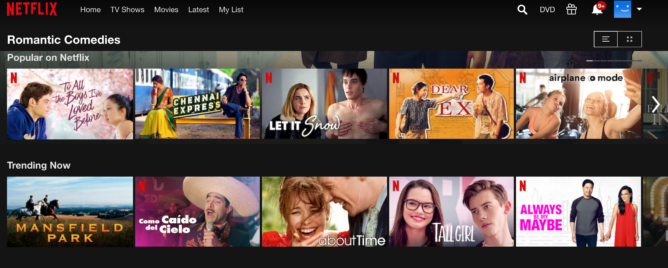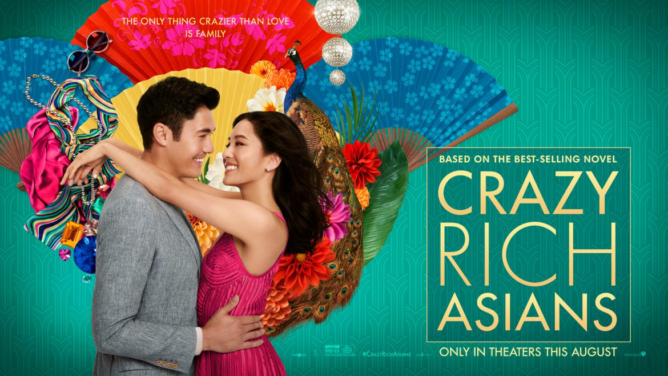
Featuring:
Francesca Coppa, co-founder Organization for Transformative Works
Kristina Busse and Karen Hellekson, co-founders Transformative Works & Cultures
Respondents: Katherine Morrissey and Melanie Kohnen
Due to precautions around public events and COVID-19, this event has been moved to an online presentation format. Everyone is invited to log-in and join the event via Zoom. See event page for more information.
About the Event:
Discover how the Organization for Transformative Works built a Hugo award-winning model for for non-corporate, user-driven, online participatory cultures.
The OTW was founded as a wholly fan organized and fan run media organization, specifically to provide a safe space for women and queer users. In working towards their mission of building a future in which all fannish works are recognized as legal and transformative, and accepted as legitimate creative activity, the OTW developed and now manages Archive of Our Own (recently nominated for a Hugo Award), the world’s fastest growing fan works online archive, which is completely open access and free from advertising and corporate ownership. They also support Transformative Works and Cultures, which is an open access journal, freely available at https://journal.transformativeworks.org. Transformative Works and Cultures is a subsidiary project of the OTW and shares their mission to be a home for feminist, anti-racist, and pro-LGBTQIA scholarship on cultural adaptations and appropriations and fan cultures and fan productions.
The OTW offers valuable lessons in advancing radical infrastructures for feminist, open-access publishing.



